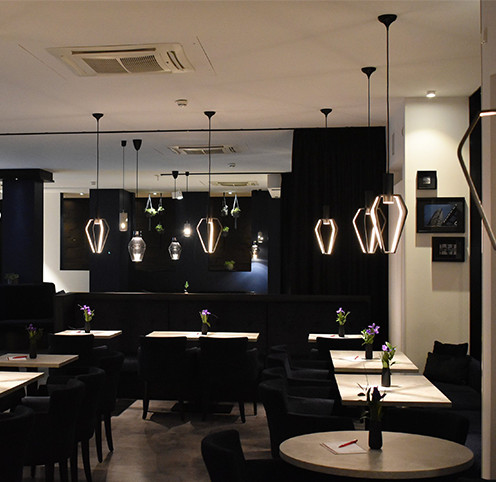How restaurants and cafés are coping with the Covid-19 pandemic in Lithuania
The second wave of the coronavirus pandemic in Lithuania is reaching tragic proportions. 10-20 people are dying every day and businesses are closing, while leisure activities and even supermarket opening times are restricted. Medical facilities are in chaos. Education has moved online, and a lot of jobs have simply stopped. The situation is very complicated; however, people can’t just sit around waiting. Lithuanians need to try to find ways of keeping their businesses going, because it is obvious that the pandemic will not last forever and life will probably return to normal in the spring.
The pandemic has dealt a huge blow to Lithuanian restaurant and catering establishments. While outdoor commerce was permitted in the summer, the current weather conditions do not support outdoor venues. Since we do not enjoy a warm climate all year round, people always face autumn and winter with some anxiety. This year, that anxiety has increased as many restaurant owners have struggled to find ways of maintaining their businesses. Nonetheless, they have succeeded quite well.
Dinner in a hotel room
Lithuanians are very creative. Evidence of this creativity is seen in a solution created by the administration of a famous hotel. Since they cannot accept clients in the restaurant, empty rooms in the hotel have been fitted with a large table and some chairs, so that lunch for two can be delivered without any issues.
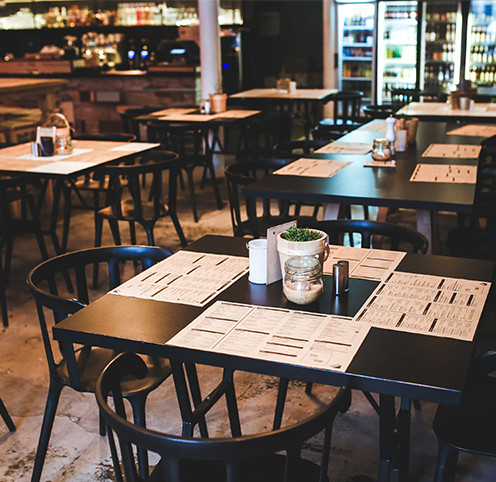
Everything is quite simple. The food is ordered and the guests are taken to their designated room – usually one with a breathtaking view. The food is brought to the room and served to the diners. The customer pays for the food, but not for the expensive room. Since the hotel cannot accommodate guests at this time anyway, the rooms are great places for a celebratory dinner or lunch. After the guests have left, the room is disinfected, tidied and prepared for the arrival of other diners. In this way, the restaurant has continued to receive orders and the hotel serves as a dining hall.
Food in the car
Another way of serving customers is by bringing food to their cars. However, we do not mean this luxurious restaurant has started making kebabs and hot dogs. It has just added a takeaway option. In this way, food can be ordered for an entire company or a celebratory family dinner. Even though the pandemic stopped many celebrations and events, personal parties with up to 10 people are still allowed. This is a great opportunity to order top-class food for a Christmas or New Years’ event.
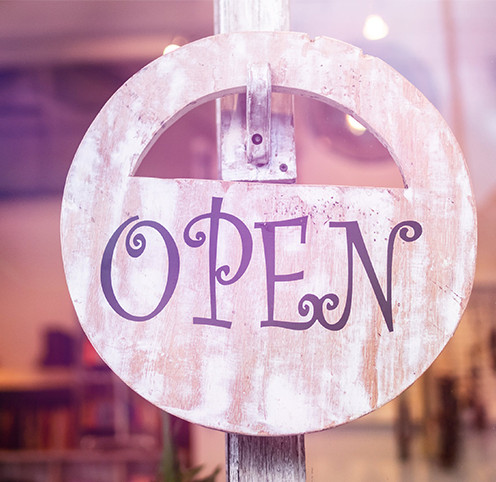
Traditional meals
A restaurant is called ‘luxurious’ when it offers exclusive dishes made of exotic products that you cannot usually find in a supermarket. Unfortunately, during the pandemic, many restaurants had no access to luxurious products and went back to serving traditional meals. One of these is a restaurant run by a famous Lithuanian chef who has started serving a traditional Lithuanian potato pudding called ‘kugelis’. In fact, this Lithuanian potato pudding with crackling and sour cream sauce has become a best-selling dish. Even though the chef didn’t want to lower his standards and start making meatballs, the current situation forced him to listen to the wishes of his clientele. This is a great example of one of the most important rules for a restaurant’s survival:
Simplify your menu...
If a menu is simple and resembles that of a business lunch rather than a luxurious dinner, the survival opportunities for a restaurant grow due to the reduced logistics, product prices and preparation times. Restaurants who are aiming to survive often follow this rule.
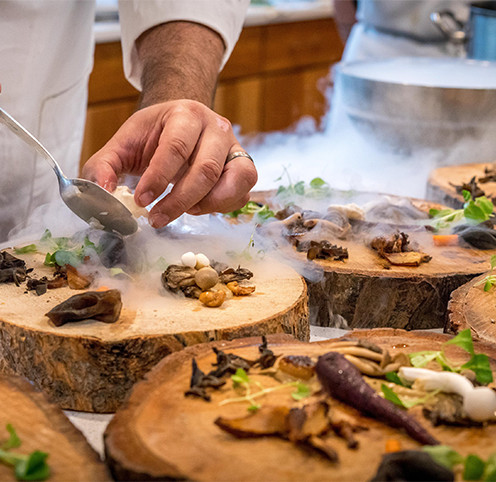
Untapped opportunities
There are still some opportunities that have remained unexplored in the restaurant market of Lithuania. One of these is food trucks. Street food has typically not been very popular in Lithuania. It is often thought of fast food. Of course, this view has been confirmed by the trucks offering hamburgers, hot dogs, waffles and kebabs. However, not many people know that modern food trucks are equipped with many of the same solutions that are used in professional kitchens to ensure high quality food. Can a restaurant-quality meal be prepared in a food truck? Chefs who are working abroad would surely say yes, while Lithuanians should take the time to watch the movie “Chef” (2014). It demonstrates that anything is possible if you truly want it. This movie also reveals another restaurant survival strategy.
Social media advertising
Prior to now, Lithuanian restaurants did not pay much attention to technology. A few photos of their unique meals may have been posted on Facebook or Instagram, but that was all. Yes, it was nice to look at stunning dishes created by professional chefs, but none of that really affected the sales. All of that changes when the pandemic hit. Now, some restaurants have moved completely online. The focus is on active social media marketing, opportunities to order food directly on Facebook and interactive websites. All of this is very relevant and is making the work of the restaurant manager easier. The restaurants that manged to prepare for digitalisation are now busier than ever.
Digital technologies are helping to organise virtual dinners, cooking courses and tasting sessions. These can be fantastically profitable business events that will help a restaurant survive.
Lithuanian restaurants are also benefiting from a redistribution of jobs. The kitchen staff has been reduced to a minimum. Meanwhile, the administration team is working with online marketing and methods of accepting orders, while also looking for the best ways to supply food to people and companies.
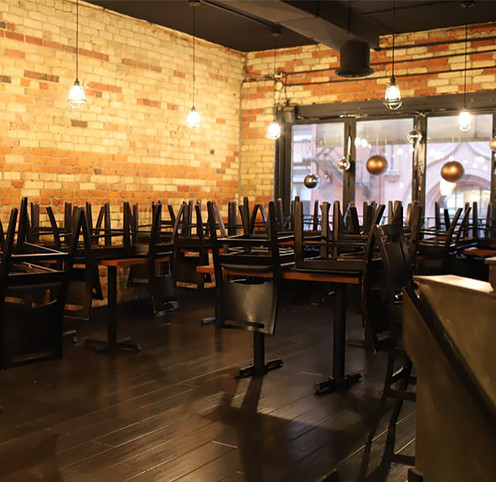
Waiters and bartenders can deliver the food where there is no possibility to entrust this task to the food delivery companies, which are now living in a ‘golden age’. That also allows many restaurants to keep hold of their valuable staff, who will be needed in the spring when the pandemic ends. Firing people is easy, but getting them back can be much more difficult. Therefore, smart businessmen are finding ways to retain their staff.
P.S. The government has promised support
Valstybės parama dažnai skamba kaip anekdotas, dėl to pasikliauti vien pažadais nelabai galima. Nuo pandemijos nukentėjusioms įmonėms Lietuvoje bus skirta per 150 milijonų eurų. Tokių įmonių yra apie 60 000, tad teoriškai kiekvienai išeina vidutiniškai po 2500 eurų. Parama bus skirstoma pagal principą „25 proc. nuo 2019 metų sumokėto GPM“. Šis principas gal ir padės didesniems restoranams, tačiau mažiesiems tokios paramos tikrai nepakaks išsilaikyti dar keletą mėnesių. Tik kantrybė, darbštumas ir noras keistis padeda Lietuvos HORECA sektoriui šiuo sudėtingu metu.
